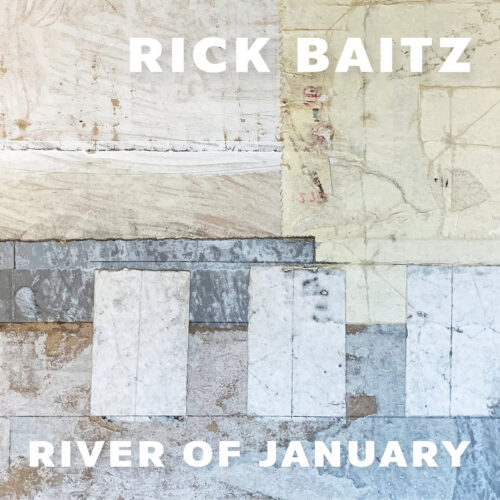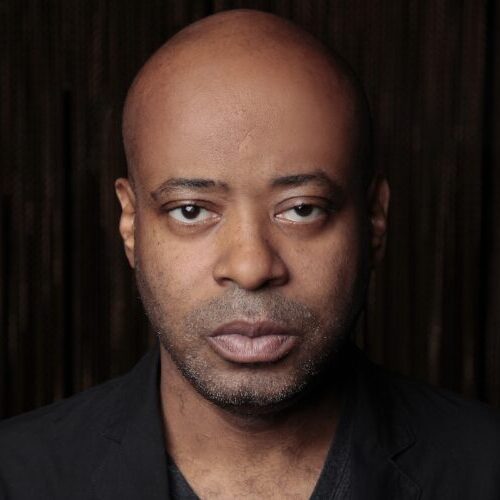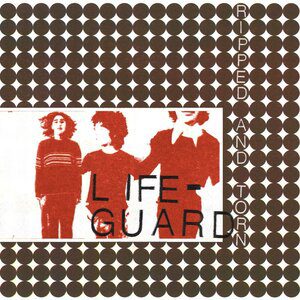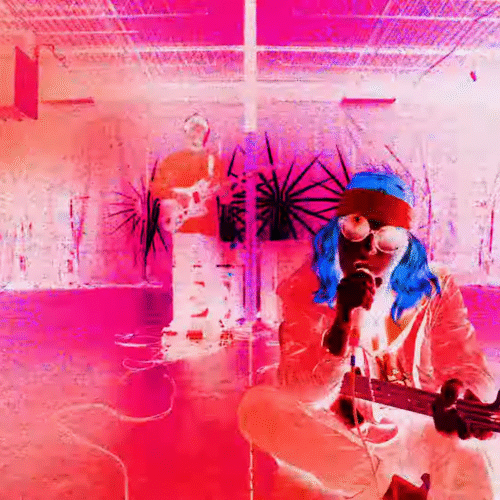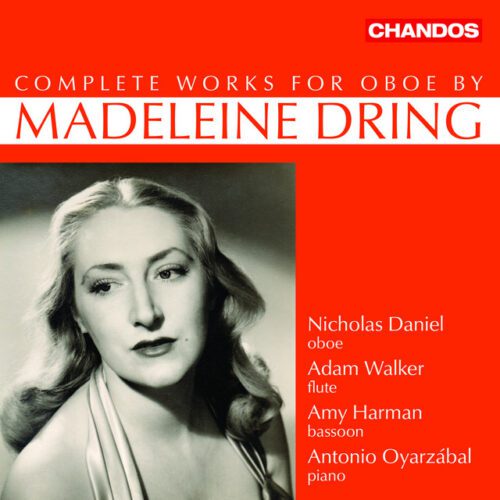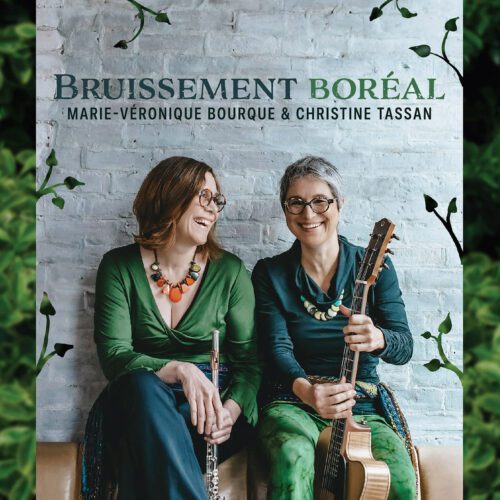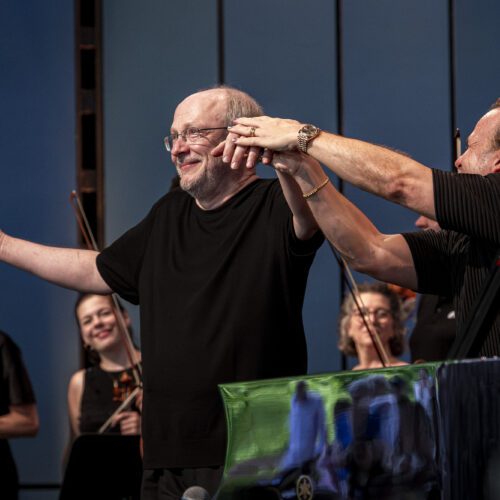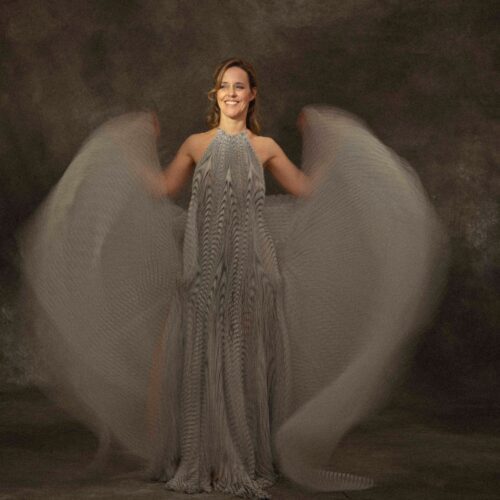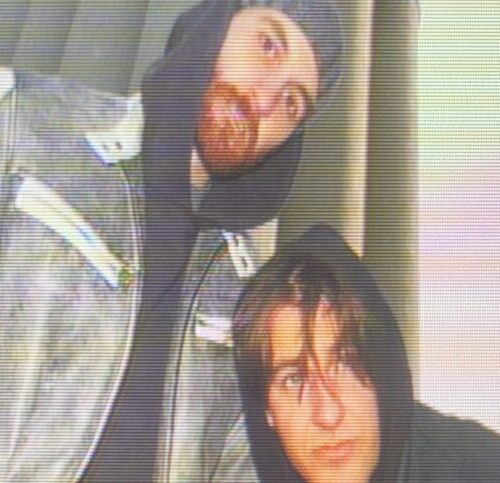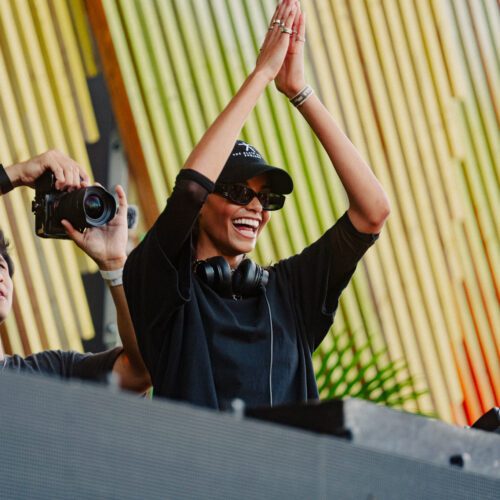American by birth, Rick Baitz also grew up in Rio (Brazil) and Durban, South Africa. There he absorbed the language of vernacular music, especially its rhythms and sense of pulse. River of January, which literally is the name of Rio de Janeiro, presents four pieces in which he fuses these Brazilian/South African roots with, among other things, the structure of repetitive Minimalism, and harmonic Post-minimalism. It’s hardly surprising that it works well, given the two worlds’ focus on rhythm.The title piece, River of January, kicks off the programme. It is scored for flute, violin, cello, percussion and Yamaha DX7 keyboard. Each of the three movements explores a rhythm from one of Baitz’s three cultural ‘trunks’: the American ‘Bo Diddley’ rhythm, widely used in rock, the South African mbaqanga born in the Townships, and the Brazilian soul with echoes of samba and bossa. It’s playful and enjoyable, colourful and a touch picturesque, yet reasonably learned without being hermetic. We particularly like the sounds of the synthesiser, which are well calibrated to work effectively with the acoustic instruments, while bringing in some very unique colourings.
Music for a Sacred Space is a haunting journey for violin and various taped sounds. During the pandemic, Baitz felt like writing something viscerally connected to his emotions. He recalled, he says, a Bach solo violin sonata played in an empty cathedral. Baitz tried to recreate the spirit of that experience, the embodiment of solitude in a vast, enveloping universe. Under the soloist (very convincing Cornelius Dufallo), or through him, are explorations of modal jazz, syncopated rhythms of North and West African dances, and the bells of Indonesian gamelan. This is quite captivating.
Dark Fire, for violin and cello, is an initially motoric piece, built on jerky rhythms that release an insistent energy. It is reminiscent of Bryce Dessner’s Aheym. A central episode is clothed in Indian garb, thanks to melismas reminiscent of a raga, which eventually morph into a Brazilian choro! Dark Fire ends there, gently bringing back the initial pulse. If this seems unlikely, Baitz’s writing lends credibility to this surprising and enjoyable eclecticism.
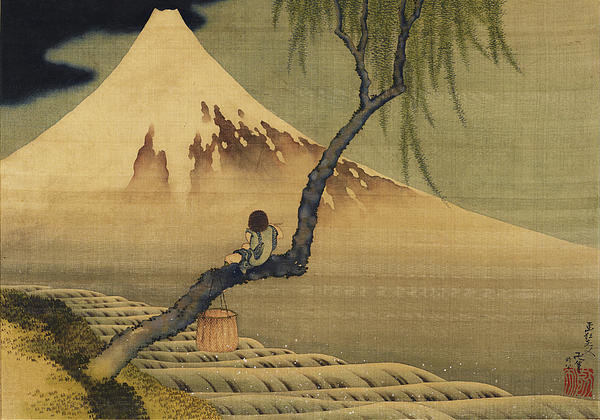
The flute and alto flute (which I adore) conclude the programme as the focus of attention in Two Poems for flute and alto flute solo. The first, Meditation After A Painting By Hokusai, effectively evokes a painting by Hokusai,The Boy on Mount Fuji, a masterpiece by the Japanese artist which shows a young boy perched on the branch of a tree playing a bamboo flute in front of Mount Fuji. The second poem, Flight, displays a different energy, combining references to the music of Bach, bebop, and the ‘drive’ of rock and Brazilian popular music (MPB), so beloved of the composer. Excellent performances from the soloists.
River of January is a surprising and seductive album of contemporary post-minimalism.
